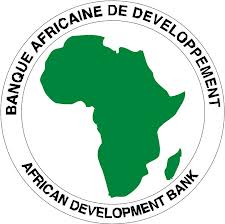The African Development Bank (AfDB) has formally launched the Capacity Building Project in Centurion. This follows the signing of the project between the African Union Commission (AUC) and the AfDB during the meetings of the African Heads of State and government in Addis Ababa, Ethiopia, in January.
This three-year US $8.6 million (R89 million) project is intended to strengthen the capacity of African countries through their respective Regional Economic Communities as well as the AUC and the NEPAD Planning and Coordinating Agency. The aim is to strengthen their capacity to plan, prepare and coordinate the implementation of regional infrastructure programs and projects necessary for enhancing Africa’s physical and economic integration and socio-economic transformation with a focus on the Programme for Infrastructure Development in Africa (PIDA). Speaking at the launch ceremony, Kennedy Mbekeani, officerin charge of the AfDB’s Southern Africa Resource Center office said it should be recognised that PIDA is not only about infrastructure modernisation, but more importantly about development outcomes. “Ultimately, PIDA must impact on the quality of lives of people by improving access to electricity, transport, water and ICT services for the majority of Africa’s population, while at the same time acting as a catalyst for the growth of business, both small and large, and also creating employment and business opportunities for the women and our youth.”PIDA defines priority regional cross-border infrastructure projects intended to interconnect, integrate and transform Africa through modern infrastructure at an investment cost of US $68 billion (R707 billion) up to the year 2020. It provides the strategic framework for African stakeholders to build the infrastructure necessary for more integrated infrastructure networks to boost trade, spark growth, create jobs and support regional integration.
The successful implementation of PIDA will therefore enhance Africa’s competitiveness within itself and in the global economy, while acting as a catalyst to Africa’s economic transformation.






